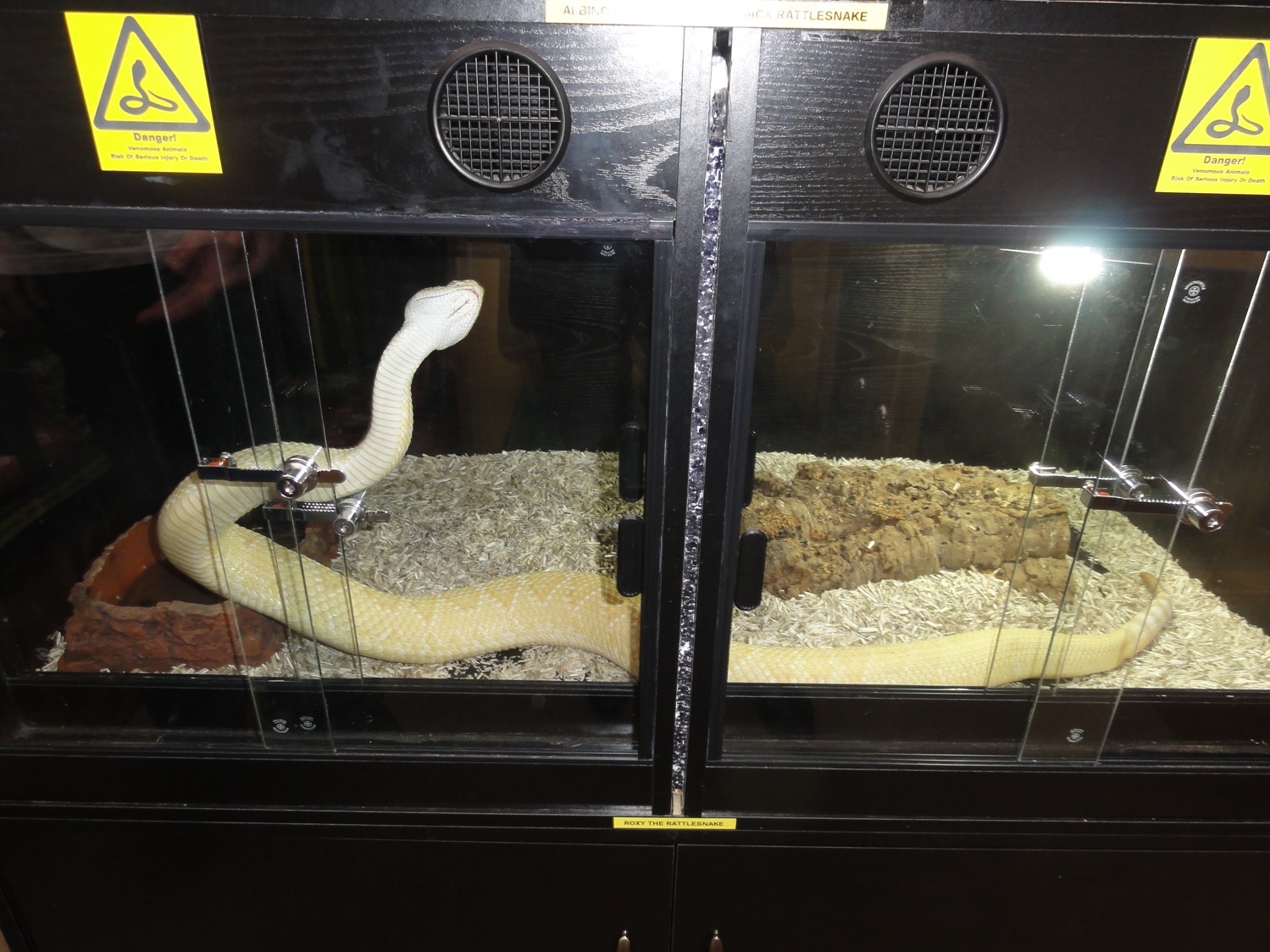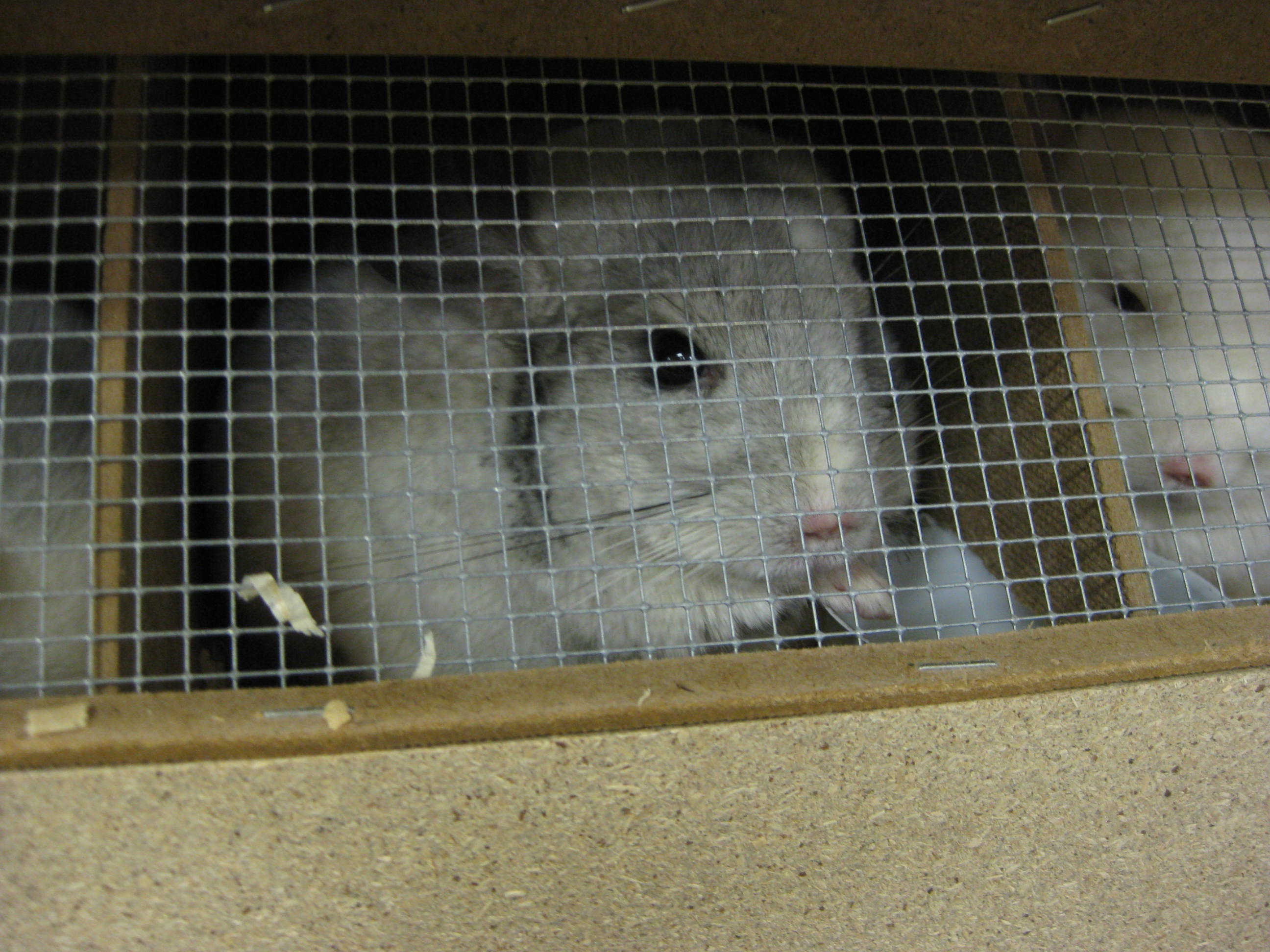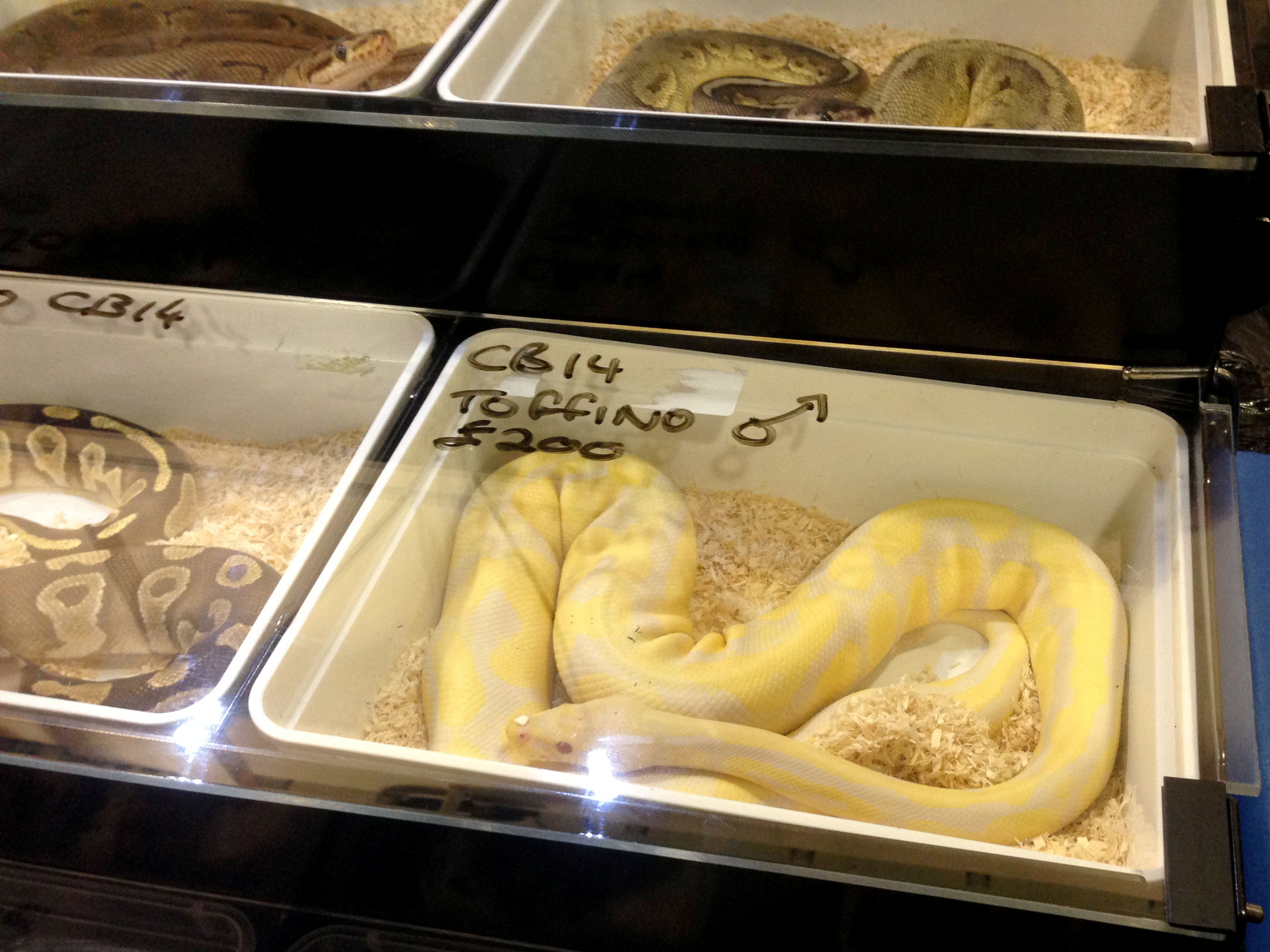Keeping it short – temporary housing for animals means 24 hrs or less
Defra’s stipulations regarding acceptable short-term, temporary, or transitional accommodation were highly inconsistent and lacked scientific rational
In a new report published in Animals journal, a team of veterinary and biological specialists define what ‘short-term’ should mean when it comes to housing animals – less than 24 hrs.
The study analyses how stress, and in particular cumulative microstress events, can impact animal health and welfare and why the circadian cycle of 24 hrs should be considered the maximum limit for short-term housing. Within 24 hrs, all animals should be transferred to higher standard environments that are consistent with long-term care and their complex welfare needs.
The report strongly criticises the English Government (Defra) for having provided no rationale for allowing pet shops to keep animals in lower standard housing conditions for up to 3 months, and for having exempted wholesale pet breeders even from retail standards of care. The report states that Defra’s “Stipulations regarding acceptable short-term, temporary, or transitional accommodation… were highly inconsistent and lacked scientific rationale”.
In contrast, the Welsh Government is acknowledged for voluntarily improving on the English guidance by reducing the stipulation for short-term to 7 days, which the report says is still too long. In comparison, scientific studies typically considered short-term to imply between hours and a few days.
Says Dr Clifford Warwick, Biologist, and report author: “Modern science shows that captive animals must be housed with plenty of space, habitat diversity, many opportunities for mental, behavioural, and physical exercise, stimulating enrichment, and frequently complex temperatures, lighting and humidity conditions, among other things. Yet animals held at, for example, pet shops are often kept in lower standard conditions for weeks or months – with the untenable approval of Defra.”
The report also highlights where Defra adopts arbitrary definitions of short-term, citing for example that whilst all mobile zoo animals must be moved to higher standard conditions within 1 day, Defra allows pet shops the full three months’ grace.
Says Catrina Steedman, Biologist, and report author: “The UK Government claims to be a world leader in animal welfare, but Defra’s keenness to comfortably accommodate the pet industry rather than animals calls this into question. We do not condone subjecting any animal to lower standards of housing, even for the short-term. However, we recognise that animals are transported and stored for various reasons, and the evidence clearly suggests that this must be kept to the true absolute minimum.”
Snakes are used as a case study, showing that Defra again falls behind the Welsh Government by currently allowing sellers to keep these animals for three months in containers where they cannot fully stretch – an issue that has raised many veterinary and scientific welfare concerns. The Welsh Government specifies that snakes must be able to fully stretch under all captive conditions. The report notes that Defra has historically used the pet industry itself as primary advisors on retail practices, which could account for the excessively long definition of ‘short-term’. This allows shops to hold animals at the dealer’s convenience rather than being consistent with animal welfare needs.
Says Dr Mike Jessop, Veterinarian, and report author: “This is an important piece of science to add to the growing body of evidence about the care of captive animals. Whenever we place an animal into captivity we have a responsibility to ensure we maximise compassionate care. Incorprating animal law across the world is the expectation that any captive and/or controlled animal is able to experience a Good Life. The UK should be at the forefront of setting the standard and a very Good Life should be our minimum expectation. The length of captivity, from which that expectation of living a very good life starts, is the important bedrock of developing regulation about captive care. This paper should help to inform regulators about definitions and timelines for the introduction of baseline parameters for animal confinement.”
Says Dr Rachel Grant, of London South Bank University, Biologist, and report author: “A consistent definition of short-term with respect to animal housing is long overdue. At present the guidelines appear to be arbitrary and not based on welfare science. Our findings, that the definition of short-term should be less than one circadian cycle, will help bring consistency to what is currently a poorly defined area of animal husbandry, and thus improve the welfare of animals housed in temporary facilities.”
Report Recommendations
- The stipulations for short-term, temporary, transitional, or other similarly intended conditions should infer periods of less than a single circadian cycle (typically <24>
- All animals at all facilities should be subject to the single circadian cycle as a principle for determining maximum short-term, temporary, or other transitional conditions.
- All animals at all facilities must be accommodated in higher or other similarly recognised conditions consistent with long-term husbandry and best practices wherever confinement persists beyond the single circadian principle.
- Best practice examples of short-term, temporary, or other transitional conditions should include higher standards of husbandry.
- Keeping animals in short-term, lower standard conditions should be minimised and only for recorded and essential reasons.
- All animals at all facilities should be subject to government mandatory identification and registration on arrival and departure in order to accurately record their period.
For more information please contact lead author Clifford Warwick via cliffordwarwick@gmail.com or 07903 528702
Article details: Warwick C, Steedman C, Jessop M, Grant R. Defining Short-Term Accommodation for Animals. Animals. 2023; 13(4):732. https://www.mdpi.com/2076-2615/13/4/732
Press release distributed by Pressat on behalf of Emergent Disease Foundation, on Wednesday 22 February, 2023. For more information subscribe and follow https://pressat.co.uk/
Short-Term Housing Temporary Housing Transitional Housing Captive Animal Pet Animal Welfare Pet Trade Pet Breeder Pet Shop Defra Guidelines Charities & non-profits Environment & Nature Farming & Animals Leisure & Hobbies Public Sector & Legal
Published By

0044 (0)7903 528702
mail@emergentdisease.org
https://emergentdisease.org
Visit Newsroom
You just read:
Keeping it short – temporary housing for animals means 24 hrs or less
News from this source:




